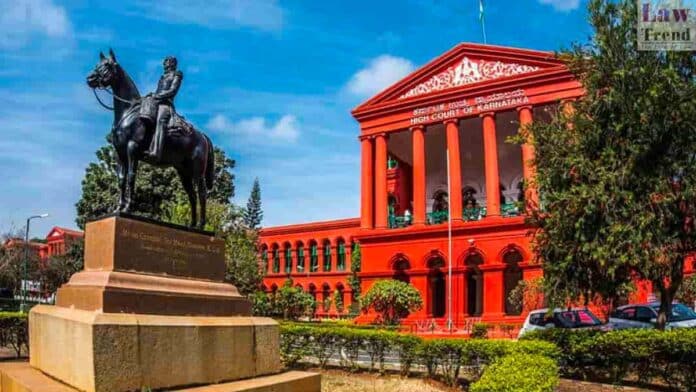The Karnataka High Court, in a landmark decision, has set aside an order from the Principal District and Sessions Judge, Vijayapura, clarifying the powers of courts under the Narcotic Drugs and Psychotropic Substances (NDPS) Act. The ruling, delivered by Justice K. Natarajan on August 5, 2024, underscores the jurisdiction of special courts to grant interim
To Read More Please Subscribe to VIP Membership for Unlimited Access to All the Articles, Download Available Copies of Judgments/Order, Acess to Central/State Bare Acts, Advertisement Free Content, Access to More than 4000 Legal Drafts( Readymade Editable Formats of Suits, Petitions, Writs, Legal Notices, Divorce Petitions, 138 Notices, Bail Applications etc.) in Hindi and English.




